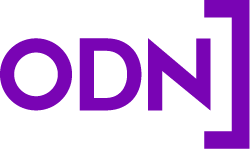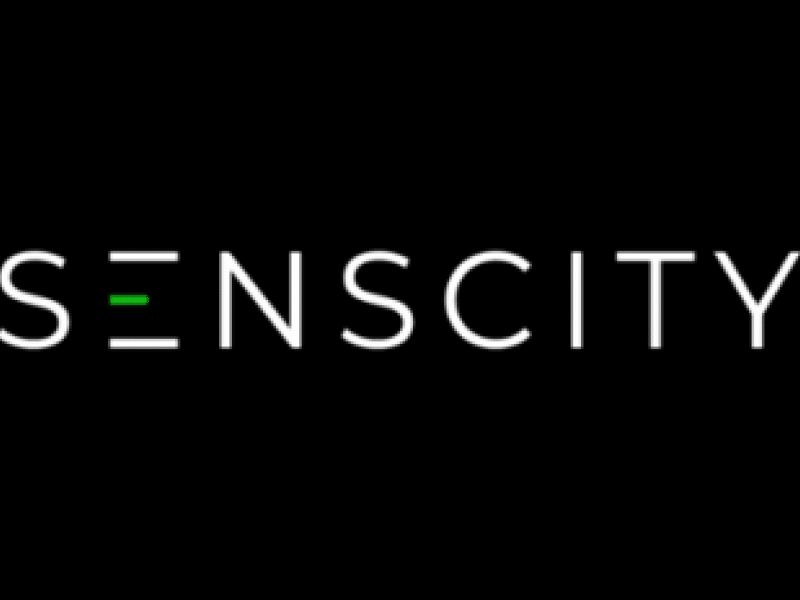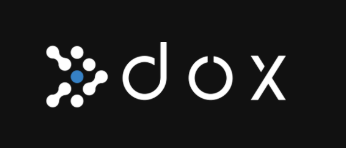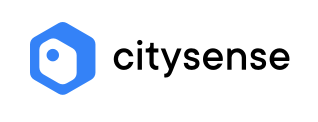Meet the 10 finalists for the QBE Urban Resilience challenge

As urban areas across the U.S. rapidly expand and evolve, we need forward-thinking companies committed to improving the lives of cities and their residents. That’s why QBE North America and Ashoka created the Urban Resilience Challenge: to identify and support ground-breaking tech companies who are making cities more sustainable, safe, and equitable.
After selecting 25 semifinalists from nearly 100 impressive entrants, today we’re excited to announce our top 10 finalists.
"Throughout the selection process for the QBE Urban Resilience Challenge, we found ourselves inspired and energized by these powerful tech-based ideas," said Josie Barnett, QBE Foundation Manager. “Urban resilience is critical to building thriving, sustainable communities, and we’re excited to support innovators that are completely changing the way cities respond to physical, economic and social risks."
All finalists will receive an all-expense paid trip to New York City to pitch their ventures to thought leaders, business executives, and funders, and qualify for mentorship from QBE business experts. Two winners will also receive cash prizes of $75,000 and $25,000.
Meet our finalists and discover how they are using technology to build strong and sustainable cities.

Clinical trials have a long history of leaving out communities of color. Melanie Igwe, founder of Drugviu, felt the impact of this injustice when her father experienced adverse reactions to his post-stroke medications due, in part, to this lack of medical data. She knew his story wasn’t unique. That’s why Drugviu is collecting authenticated, user-generated health profiles from people of color that include their medication experiences. Combining online reviews with pharmacist expertise and FDA data, Drugviu provides patients with better information and physicians and pharma companies with more data — all to ensure that communities of color can have the best possible quality of life.
SensCity’s founders—five urbanites living in cities around the world—have seen destructive climate change first-hand, from deadly Australian heatwaves to post-hurricane New York City. Now they’ve set out to revolutionize the way cities prepare by providing key data to developers and environmental consultants. Their software, currently piloted in the city of Bendigo, helps governments and organizations gauge how urban environments are reacting to climate impacts, whether current programs are working, and determine future risk. Drawing on their research backgrounds, the team Is committed to sharing knowledge for a sustainable future.

After spending 10 years innovating recycling solutions, Biocellection co-founders Miranda Wang and Jeanny Yao have created a market-based solution to the plastic problem that's both scalable and sustainable. Rather than downcycling plastic waste or using it to make fuel — which creates inferior products or further pollution—Biocellection molecularly recycles it, transforming plastic waste into virgin-quality engineering plastics. With high profit margins due to more valuable upcycled products, Biocellection is growing fast and helping to create an exciting market for plastic waste.

What if we already knew where future car accidents will happen— and used that information to make cities safer? ODN is using technology to revolutionize the auto insurance industry, measuring the environmental hazards and risks that a driver faces on the roads. Identifying hazardous locations through geospatial calculations, ODN shares this information to help cities intervene and insurance carriers to incentivize safer behaviors. In Chicago and Washington D.C., ODN works with the Department of Transportation to equip cities to take an proactive approach to public safety.
The co-founders of Dox have always envisioned a world full of drones, robots, and autonomous cars— and they knew that reliable clean energy would be key to tech of the future. Even if batteries lead the way in clean energy, however, battery waste and premature recycling creates a considerable carbon footprint. Dox helps companies predict battery behavior through their dashboard, notifying them before the battery fails and automatically scheduling maintenance. These tools help companies to not only be cleaner, but save on costs at the same time.

Plastic waste is a huge problem, so the founders of Arqlite designed a scaled-up solution to match. Arqlite uses a unique process to upcycle plastics— the kind that cannot be currently recycled—in its Argentina facility to make a brand-new commodity product: Arqlite light gravel. Ideal for construction, the gravel’s light weight and superior insulation provides companies with an effective, cost-efficient product. With over 500 tons of Arqlite gravel produced—and more products to come—the company seeks to solve the problem of plastic pollution.

Four billion people currently experience severe water scarcity, yet the manufacturing industry continues to consume massive amounts of water to make tech products. The Exergy team invented a solution that purifies and recycles water at the point of use, bringing it back into the production process and minimizing treatment costs. The process recycles 90% of the high purity water used in high-tech manufacturing. Exergy aspires to shift the paradigm to a new, circular approach, where resources stay clean as they’re continually purified and reused.
The team at Citysense is committed to empowering city residents to act on problems and share their solutions across the urban ecosystem. By installing a massive open network of sensors and communication hubs— “Citysense Urban Satellites”— Citysense is opening the Smart Cities market to the community to solve any problems related to people’s wellbeing— including safety, health, and mobility. Their longterm vision: a world in which Citysense Urban Satellites are ubiquitous—the go-to channels that communities use to solve problems and share solutions.

Our current energy grid is underutilized 99% of the time— and it’s not friendly to clean energy. That’s why Omega Grid is pioneering a bold sustainable energy system, using local energy markets as an alternative to the traditional grid. The software, which uses blockchain architecture and avoids expensive, centralized infrastructure, determines the best design for local grids, paving the way towards a sustainably-powered future.
Interested in learning more about the QBE Urban Resilience Challenge? Head over to the challenge home page —and be sure to stay tuned for updates from the upcoming pitch event in New York City!


